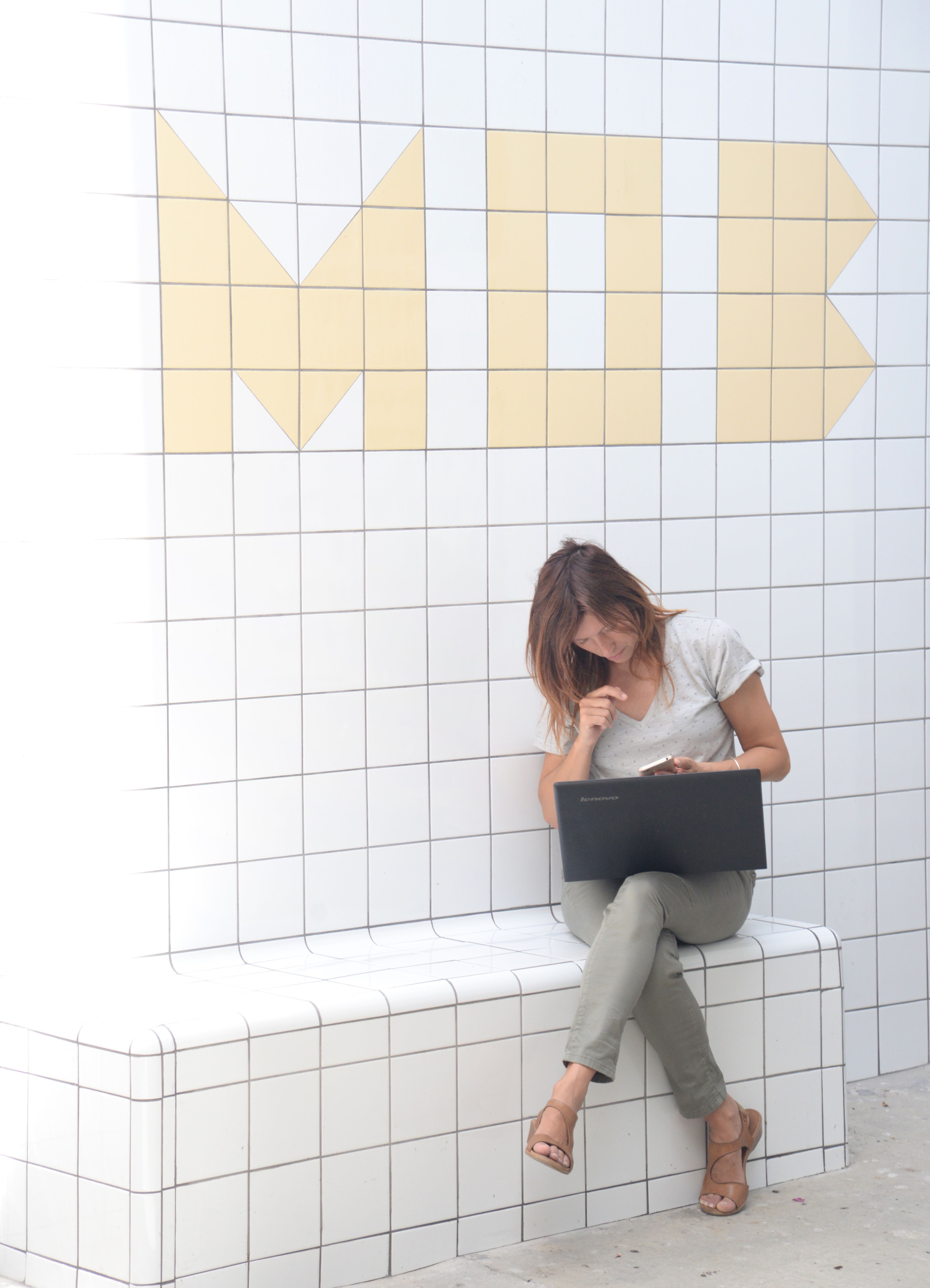
Barcelona has some 150 coworking spaces and, according to the Emergent Research consultancy, will be one of the cities –along with others like New York and Berlin- that will quadruple this figure by 2020. Faced with this fierce competition, standing out is one of the secrets of success, and MOB-Barcelona has made its identity a key factor in its success.
MOB-Barcelona’s history goes back to 2011, when its founder, Cecilia Tham, decided to create a space in which professionals from different disciplines could come into contact. Today, the project has a community of more than 300 Makers of Barcelona split between the premises on Bailén street and Ronda de Sant Pau.
This community is one of the project’s main pillars. “The big difference compared to other coworking spaces is that we do not filter people for specific professional profiles; first, because a five-minute interview is not enough to properly evaluate someone and, secondly, because we are looking for a multidisciplinary environment. We have seen that many people here end up working together, even when on paper their work seems miles apart,” says Barbara Andreatta, Community Gardener at MOB-Barcelona. She is called the Community Gardener because her function is to cultivate and foster the creation of a community among the members of MOB-Barcelona.
To do this, there are open spaces, common work areas and the idea of offering coworking with constant activity where the exchange of experiences and ideas is an important rule. But so are the activities that the managers of the space organise. “We have pitch competitions, in which the community gives feedback on the projects of the others, we organise training sessions on what they ask us for and on what we consider interesting and we also open our doors for public concerts, networking sessions or anything else we can think up,” says Andreatta.
Andreatta: "We have seen that a lot of people here end up working together, even when on paper their work is miles apart”
Another of the key factors in the MOB-Barcelona community is the FabCafé, a central coworking space open to anyone. It is one of 10 FabCafé’s to be found around the world, a project that began in Tokyo and that aims to attract creators and innovative people thanks to the installation of a 3D printer for all the users. It is not that there are only 10 cafés around the world that have 3D printing, what makes FabCafés different is the presence of a technician at the disposal of the clients, which means anyone can print their designs without the need for any special knowledge.
Training and company services
The other two pillars of MOB-Barcelona are their training programmes and company consultancy. In the first area, and apart from the sessions agreed with the Makers, MOB-Barcelona organises classes on innovation and design thinking for private companies, schools and administrations. There is also a programme devoted to out-of-work young creatives for which the first educational crowdfunding project in Europe has been launched, Future Funded. “We have a large pool of young people without work who want to develop specific skills they were unable to learn at school, but who cannot afford the cost of training. What we do is find companies that offer grants so that the students can train in the skills they require.”

There are only 10 cafés around the world that have 3D printing and one of them is in Barcelona
And, as in all coworking centres, MOB-Barcelona also offers a service for its “residents”. In this case, with a focus that goes beyond pure administrative management. “We are just about a creativity agency at the disposal of 300 people. We take care to get to know our clients and their needs well, and we involve them, even in questions of training the ideal team for their projects with other Makers,” concludes Andreatta.